
Cornell U; author, The Economic Naturalist, Success & Luck, and Under the Influence (Jan 2020, @PrincetonUPress: https://t.co/ITZZUZRm8G
3 subscribers
How to get URL link on X (Twitter) App


 Coronavirus cases are surging out of control. In many states, hospital beds are nearly full, and health care workers are overwhelmed. And because of the 12-day lag between infections and hospitalizations, things are about to get dramatically worse. 2/
Coronavirus cases are surging out of control. In many states, hospital beds are nearly full, and health care workers are overwhelmed. And because of the 12-day lag between infections and hospitalizations, things are about to get dramatically worse. 2/https://twitter.com/edyong209/status/1328053977720758273?s=20

 Step one: Send saliva samples from the children to a respected international organization--Doctors Without Borders, maybe, or The Red Cross--which would then sequence the DNA of each child.
Step one: Send saliva samples from the children to a respected international organization--Doctors Without Borders, maybe, or The Red Cross--which would then sequence the DNA of each child.
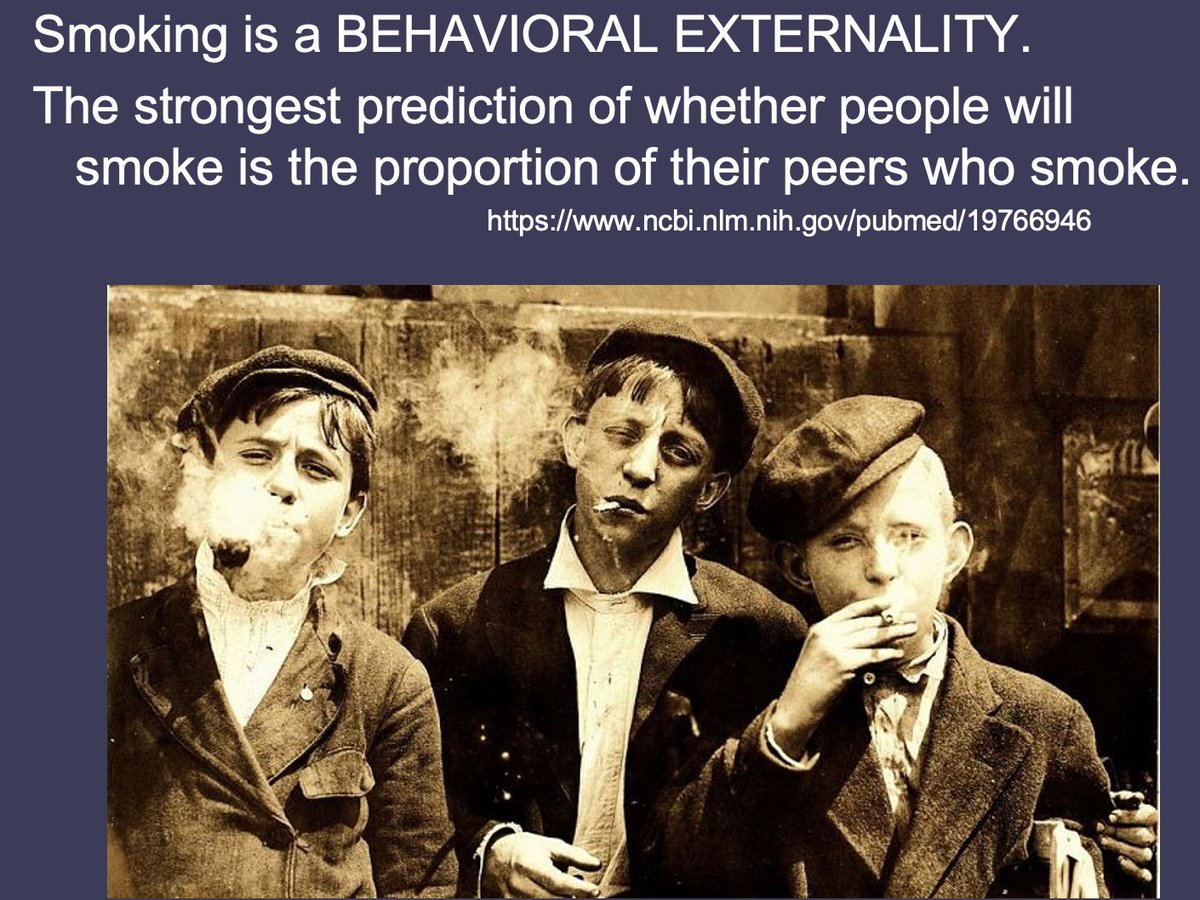
 First some background: During the pandemic, I’ve been participating in weekly Zoom calls with former Peace Corps Volunteers who served with me in Nepal during the late 1960s. As among so many of my other friends, there is high anxiety in this group about the election.
First some background: During the pandemic, I’ve been participating in weekly Zoom calls with former Peace Corps Volunteers who served with me in Nepal during the late 1960s. As among so many of my other friends, there is high anxiety in this group about the election.

https://twitter.com/DoctorVive/status/1285583640450170882?s=20
 In the face of record wildfires and 100°F Arctic temperatures, most people now accept that we face a deadly serious challenge. Now many ask, is rapid decarbonization even feasible at any cost? And if so, is there any prospect that voters would be willing to bear that cost?
In the face of record wildfires and 100°F Arctic temperatures, most people now accept that we face a deadly serious challenge. Now many ask, is rapid decarbonization even feasible at any cost? And if so, is there any prospect that voters would be willing to bear that cost? 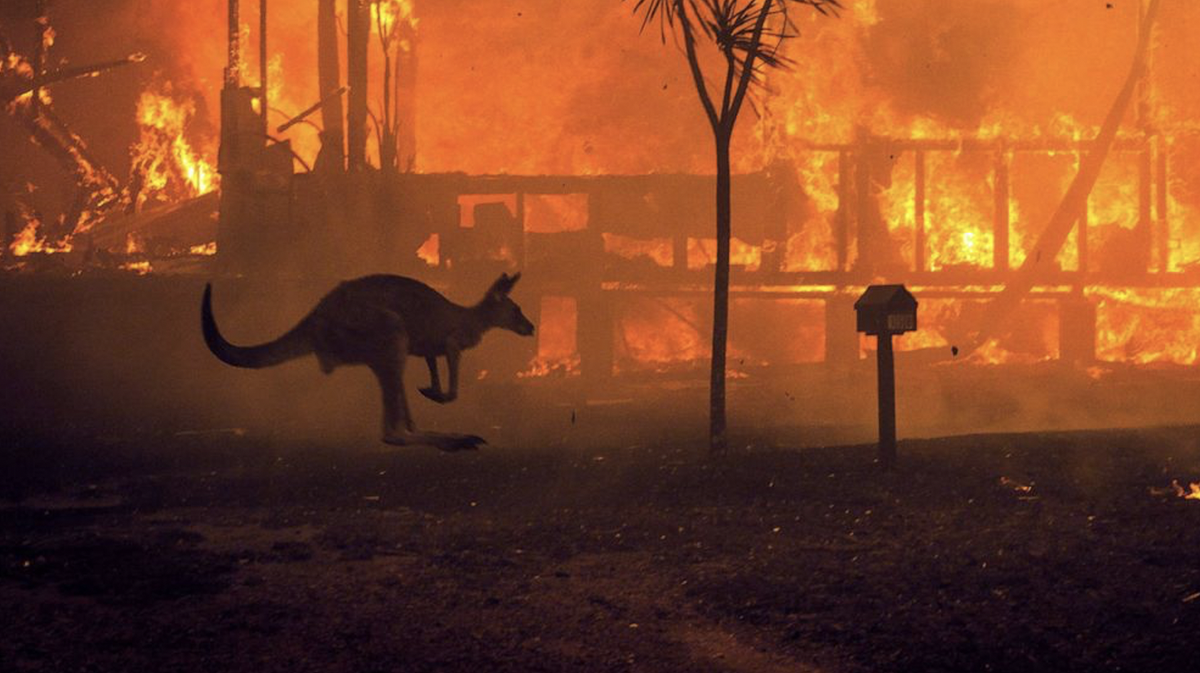

 In a recent thread about behavioral contagion’s role in debate, I described an example involving 10 citizens—A through J—who would oppose an authoritarian regime publicly if they thought it safe to do so. Citizen B was the pivotal figure in this example.
In a recent thread about behavioral contagion’s role in debate, I described an example involving 10 citizens—A through J—who would oppose an authoritarian regime publicly if they thought it safe to do so. Citizen B was the pivotal figure in this example.https://twitter.com/econnaturalist/status/1266021050522972160?s=20

 In an earlier thread, I explored why introductory economics courses appear to leave little lasting imprint on the millions of students who take them each year:
In an earlier thread, I explored why introductory economics courses appear to leave little lasting imprint on the millions of students who take them each year:https://twitter.com/econnaturalist/status/1091461433487953924

 After posing this question, my former student Lonnie Fox noted that although the ratio of applications to available slots is far higher at top-ranked universities than at their lower-ranked counterparts, tuition payments vary little across schools of different rank.
After posing this question, my former student Lonnie Fox noted that although the ratio of applications to available slots is far higher at top-ranked universities than at their lower-ranked counterparts, tuition payments vary little across schools of different rank.

 Jennifer Dulski, who got married six months before she took my class in 1997, posed one of my all-time favorite responses to my Economic Naturalist writing assignment.
Jennifer Dulski, who got married six months before she took my class in 1997, posed one of my all-time favorite responses to my Economic Naturalist writing assignment.
https://twitter.com/econnaturalist/status/1251268658090868738?s=20Elizabeth Dunn (@DunnHappyLab) gave one group some money and told them to spend it on somebody else. She told a second group to spend the money on themselves. Afterwards, those in the first group were significantly happier than those in the second. 2/
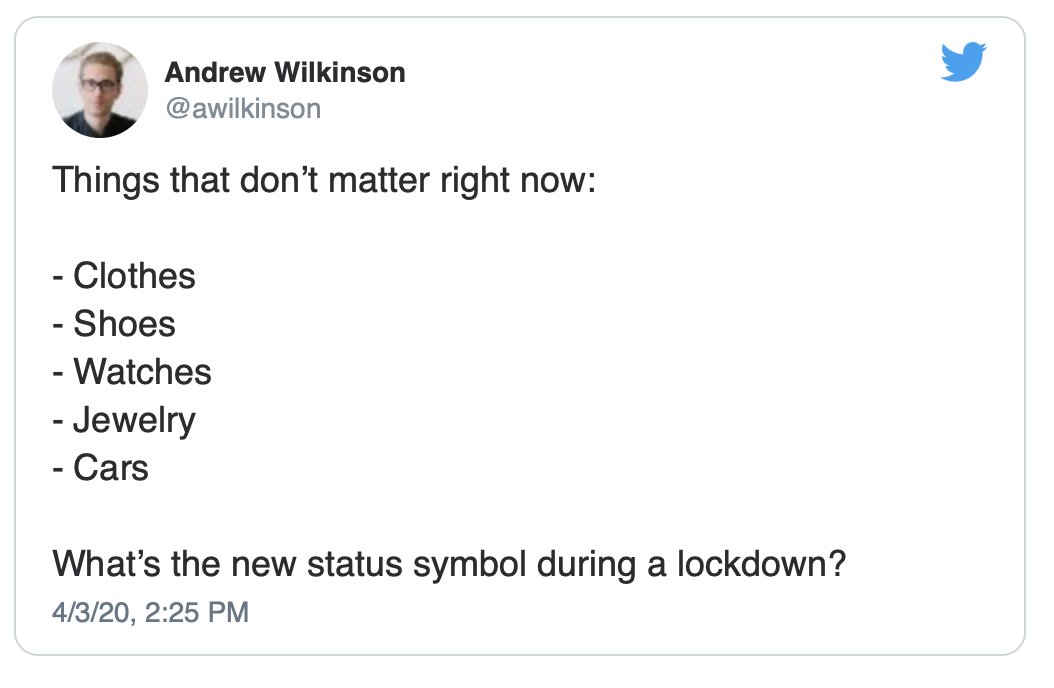
 Progress against these challenges will of course require massive investment in renewable energy and similar outlays for hospital surge capacity and medical research. But experience in the current pandemic shows why these expenditures need not require painful sacrifices. 2/
Progress against these challenges will of course require massive investment in renewable energy and similar outlays for hospital surge capacity and medical research. But experience in the current pandemic shows why these expenditures need not require painful sacrifices. 2/

 For example, analysis of real-time temperature readings from Kinsa’s smart thermometers, in use by millions of Americans scattered across the country, now makes it possible to spot local outbreaks of illness much more quickly than by using standard CDC diagnostic data. 2/
For example, analysis of real-time temperature readings from Kinsa’s smart thermometers, in use by millions of Americans scattered across the country, now makes it possible to spot local outbreaks of illness much more quickly than by using standard CDC diagnostic data. 2/ 

 Context matters in part because every human decision depends heavily on evaluative judgments, which in turn depend heavily on the contexts surrounding those judgments. Context shapes our judgments about mundane physical quantities, such as distance. 1/
Context matters in part because every human decision depends heavily on evaluative judgments, which in turn depend heavily on the contexts surrounding those judgments. Context shapes our judgments about mundane physical quantities, such as distance. 1/

 There is actually a growing scholarly literature that speaks to this question. In the last chapter of my just-published UNDER THE INFLUENCE: PUTTING PEER PRESSURE TO WORK, I describe some of what researchers have learned. The first lesson concerns how to avoid doing harm. 2/
There is actually a growing scholarly literature that speaks to this question. In the last chapter of my just-published UNDER THE INFLUENCE: PUTTING PEER PRESSURE TO WORK, I describe some of what researchers have learned. The first lesson concerns how to avoid doing harm. 2/ 
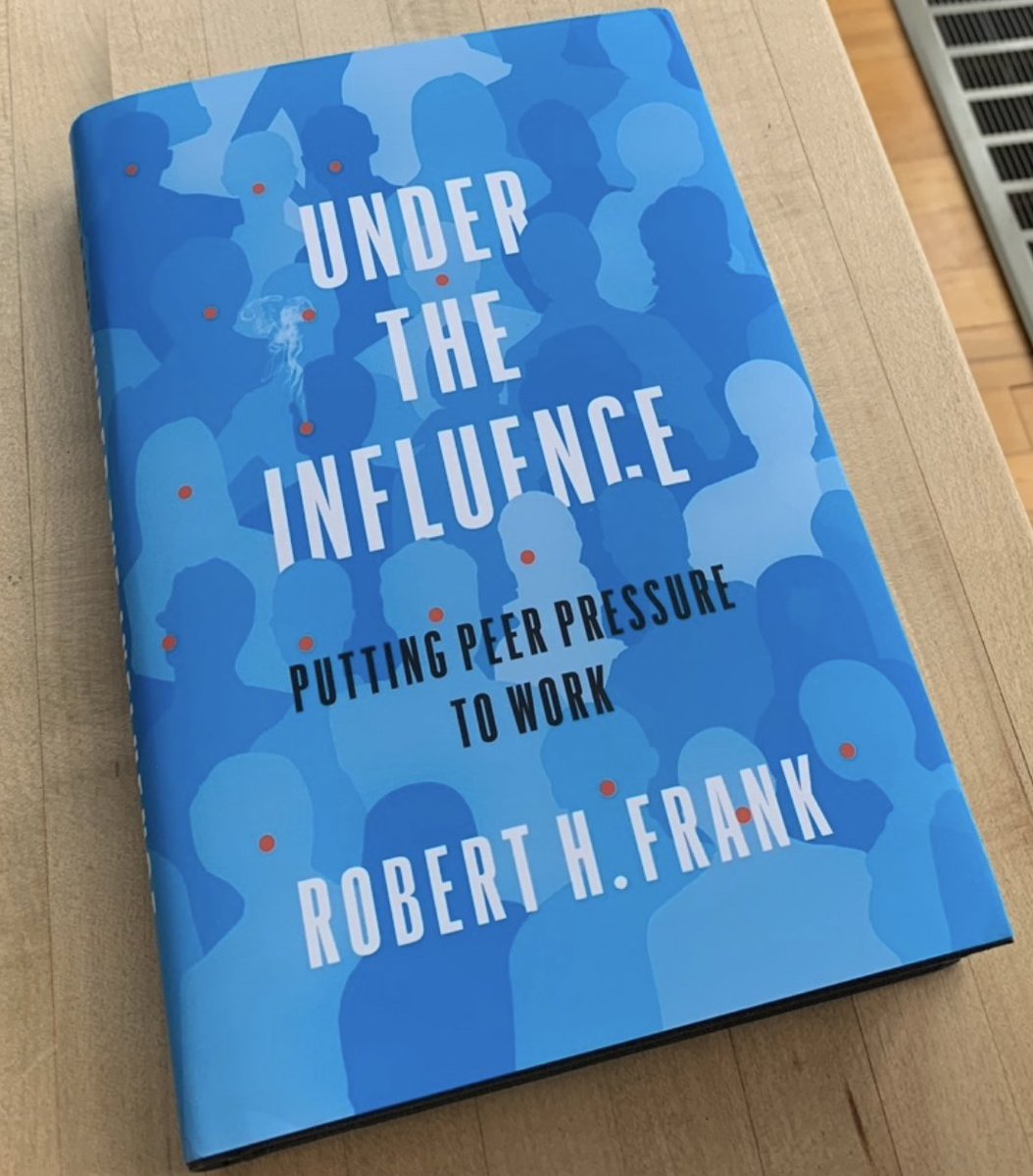
 1/ How contextual cues shape our responses to external stimuli:
1/ How contextual cues shape our responses to external stimuli:https://twitter.com/econnaturalist/status/1217159207201464321?s=20

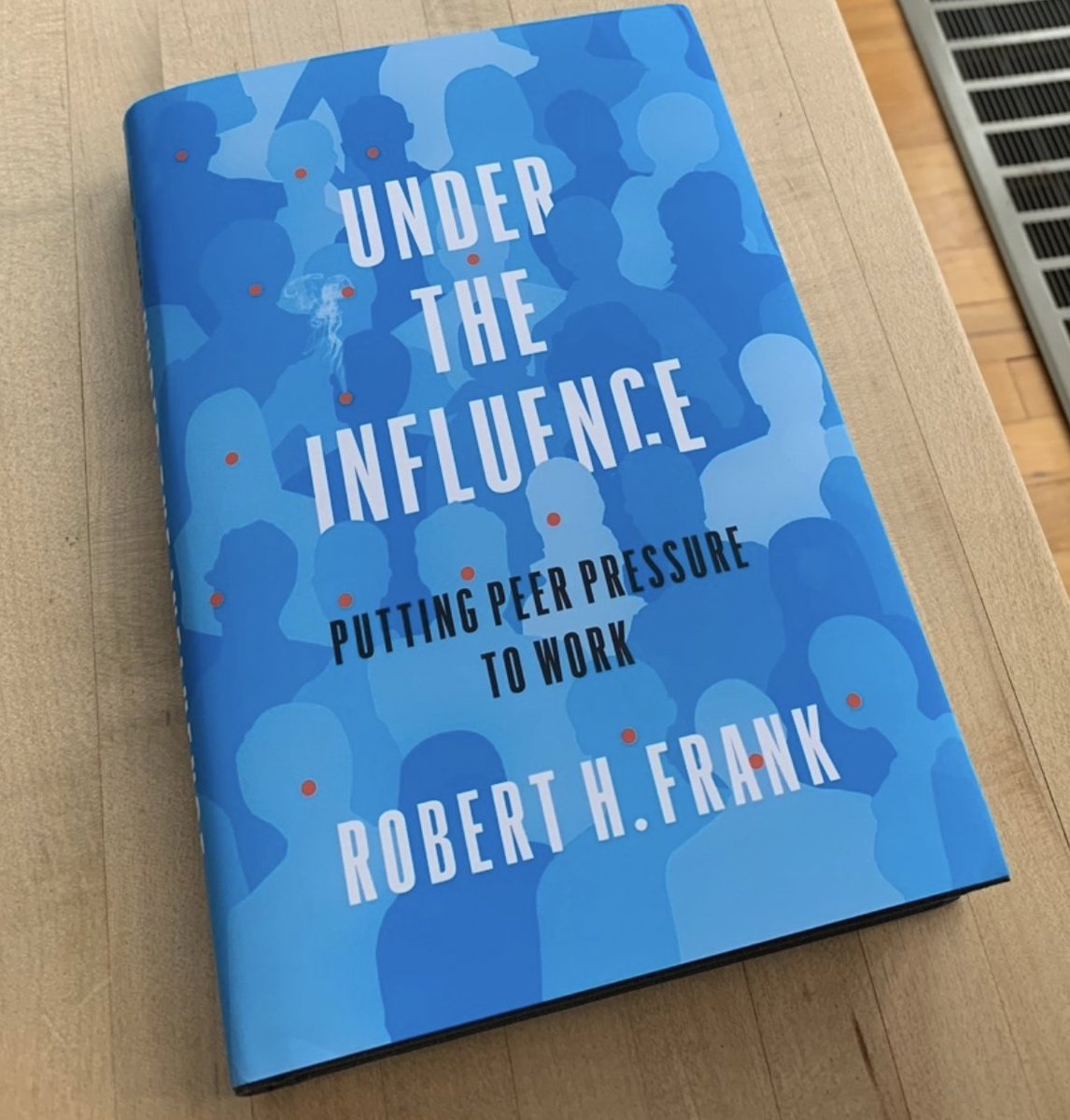
 It’s the long-running controversy about “conscious consumption,” the term for voluntary individual restraint in energy usage—such as driving a hybrid car, or eating meat less often, or taking fewer plane trips. 2/
It’s the long-running controversy about “conscious consumption,” the term for voluntary individual restraint in energy usage—such as driving a hybrid car, or eating meat less often, or taking fewer plane trips. 2/
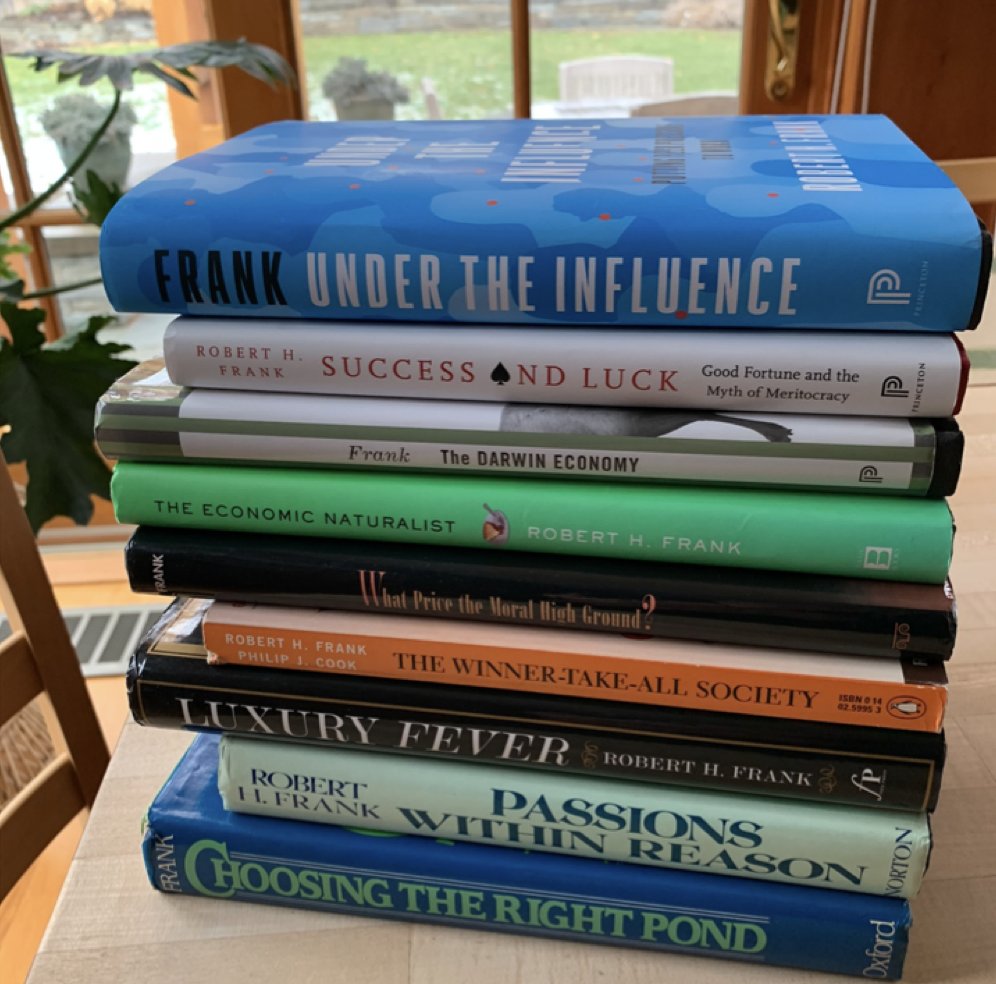


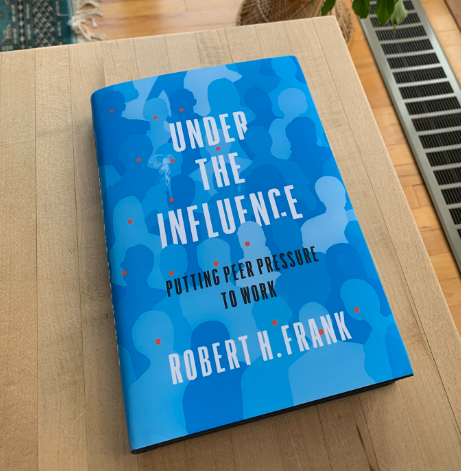
 The example starts with a simple thought experiment: If you were society’s median earner, which of the following two worlds would you prefer? 2/
The example starts with a simple thought experiment: If you were society’s median earner, which of the following two worlds would you prefer? 2/
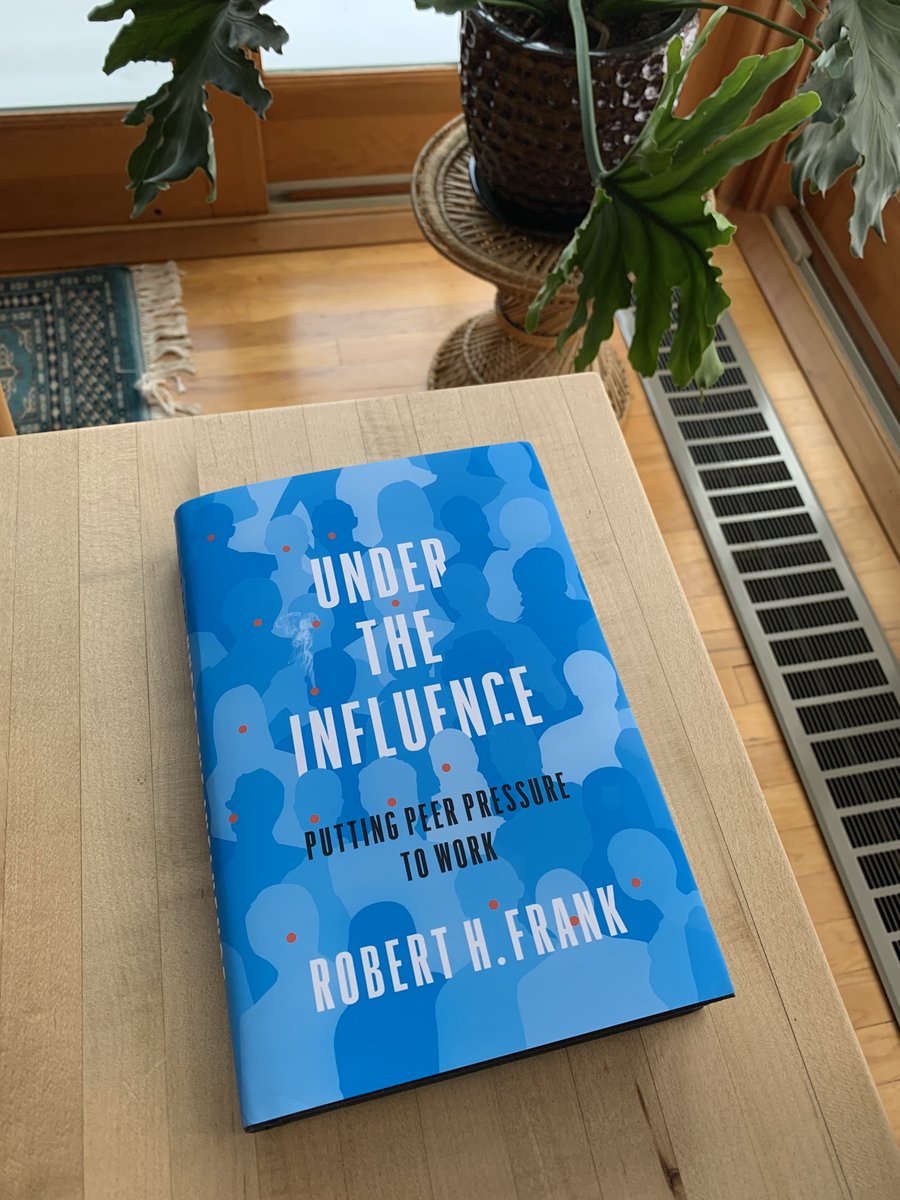
 A central premise behind many of the claims I advance in the book is that the cognitive processes that influence our perceptions and motivations often operate completely outside of conscious awareness. 2/
A central premise behind many of the claims I advance in the book is that the cognitive processes that influence our perceptions and motivations often operate completely outside of conscious awareness. 2/
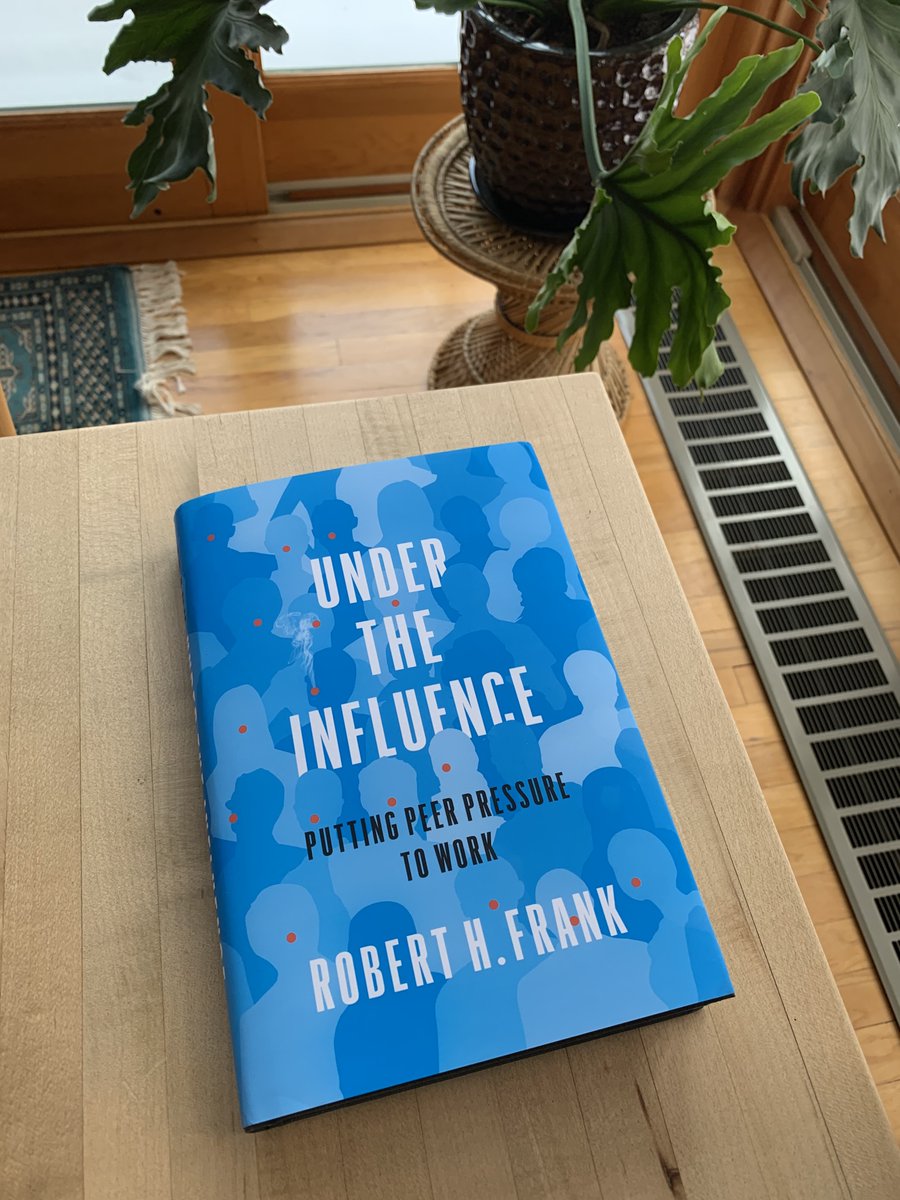
 A 1989 article by Andrew Sullivan argued that the same conservative arguments traditionally offered in support of heterosexual marriage apply with equal force to same-sex marriage. At the time, legalization of same-sex marriage was widely considered a heretical position. 2/
A 1989 article by Andrew Sullivan argued that the same conservative arguments traditionally offered in support of heterosexual marriage apply with equal force to same-sex marriage. At the time, legalization of same-sex marriage was widely considered a heretical position. 2/ 
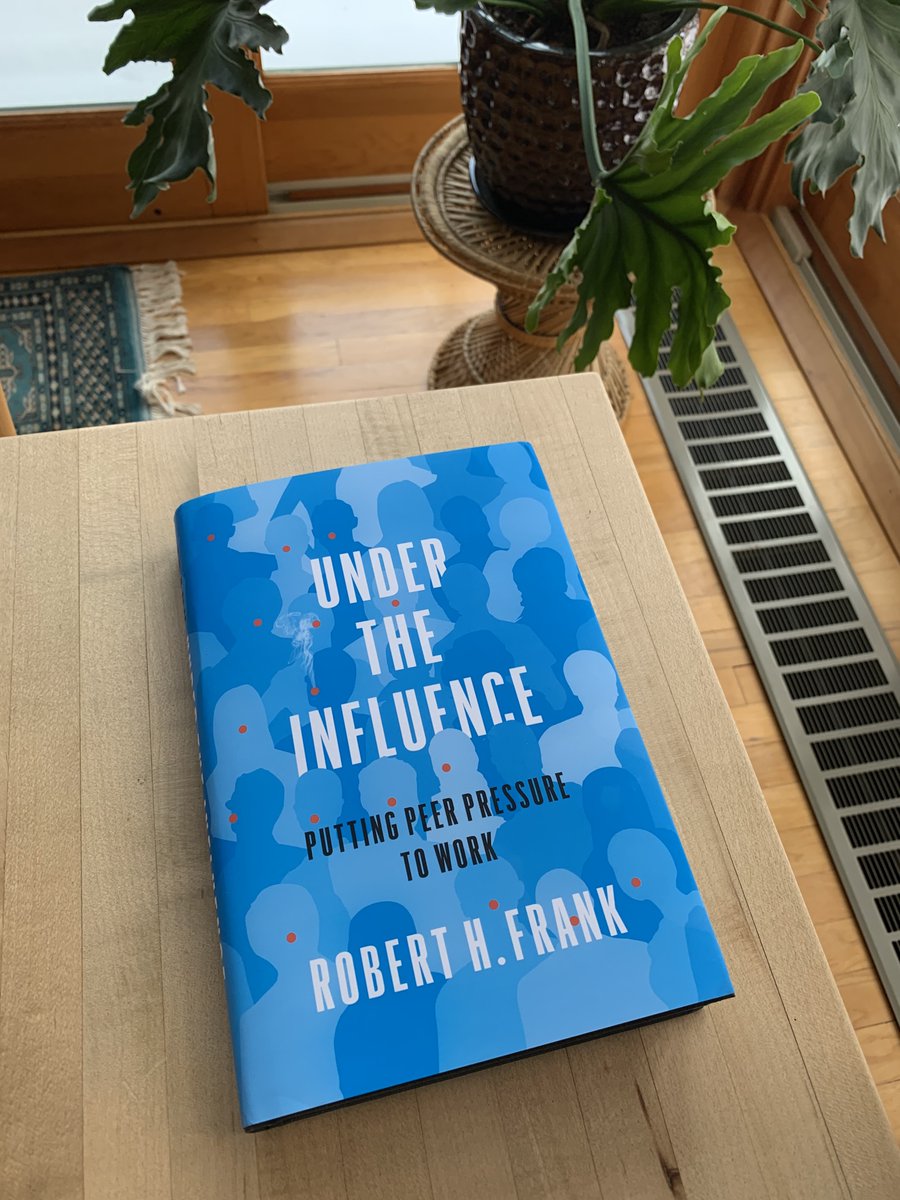
 No one is puzzled that someone might feel resentful when she sees rule-breakers gain at her own expense. The essence of the problem is captured in THE WAITER’S DILEMMA, an illustration involving servers who receive much of their compensation in the form of cash tips. 2/
No one is puzzled that someone might feel resentful when she sees rule-breakers gain at her own expense. The essence of the problem is captured in THE WAITER’S DILEMMA, an illustration involving servers who receive much of their compensation in the form of cash tips. 2/